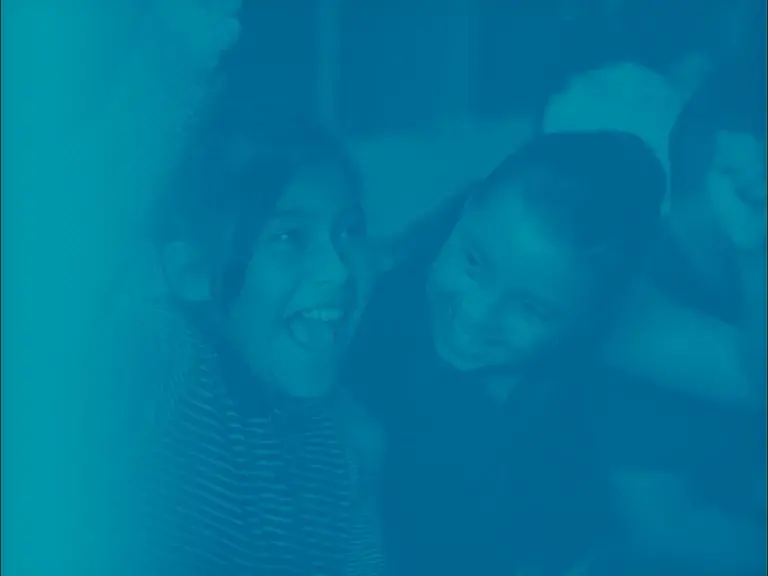
In 2022, Chorus America was presented with a remarkable opportunity to impact some of our communities’ youngest singers, which resulted in the establishment of the Music Education Partnership Grants program. This initiative is Chorus America’s first endeavor into grantmaking, and the program was developed in collaboration with Community Advisors to uphold the principles of access, diversity, equity, and inclusion (ADEI).
During the 2022-23 school year, Chorus America supported 20 nonprofit and school partners. While projects and partnerships vary in scope and design, all aimed to foster cultural exchange, community co-creation, and to address the inequities in music education that have been perpetuated by a history of systemic racism.
The opportunity for impact was great, not only for specific communities engaged and utilizing grant funding, but for larger learnings for the field. For this reason, Chorus America engaged the talents of independent researcher, Ayesha Casie Chetty, to understand the impact of grant supported projects and how funding impacted partner organization’s operations. We are delighted to share some of the insights from her quantitative and qualitative research, which resulted in the publication of the report, Cross Cultural Learning Through Song.
The report revealed some key findings on the power of musical school partnerships and how Chorus America and other funders might be better positioned to support future work in this space.
Culturally diverse singing opportunities empower students and build community. Teachers and program partners observed higher student engagement and excitement for learning music about their own and other’s cultures. Cross-cultural connections helped students develop a vocabulary and framework for understanding others’ perspectives and building cultural competency. Further, singing together provided an avenue for students to connect with community leaders, elders, and other generations.
Learning was not limited to students – impact was observed among teachers and school culture. Many grants introduced teachers and school administrators to new musical traditions and skills through professional development and access to new resources, allowing non-music teachers and school administrators to connect how these partnerships met other curricular and school-wide goals.
Funding allowed partner organizations to invest in people and ADEI. Grants supported the teaching and administrative labor required to build relationships, implement, and evaluate this work. This investment in people provided the resources and space to continue partners’ commitment to ADEI in a community-centric way.
Casie Chetty’s research also addresses the many systemic challenges and barriers faced by grant partners, many of which have been exacerbated by the pandemic. Issues around teacher retention, navigating district bureaucracies, lack of transportation, and logistical challenges are discussed in the report, along with suggestions on how choral leaders, school partners, and philanthropy can work together to address them.
This is just a highlight of the many insights from the report. We encourage you to join us for a webinar on September 26 at 2PM EST to learn more about the findings from the 2022-23 Impact Report, Cross Cultural Learning Through Song, and the projects funded.
During the webinar, we will also be sharing our response to the learnings from this report, including a new request for proposals for the Music Education Partnership Grants program. In the next grant cycle, Chorus America will accept applications between October 2 – November 17, 2023 to support nonprofit-school partnerships during the 2024-25 and 2025-26 school years. More information about the Music Education Partnership Grants, including the full grant guidelines will be available on our website here at the end of the month.
Kimberly Theodore Sidey is the director of grants at Chorus America, where she oversees the organization’s grantmaking and review process, collection of data and impact, and learning cohort for Chorus America’s grant partners.

